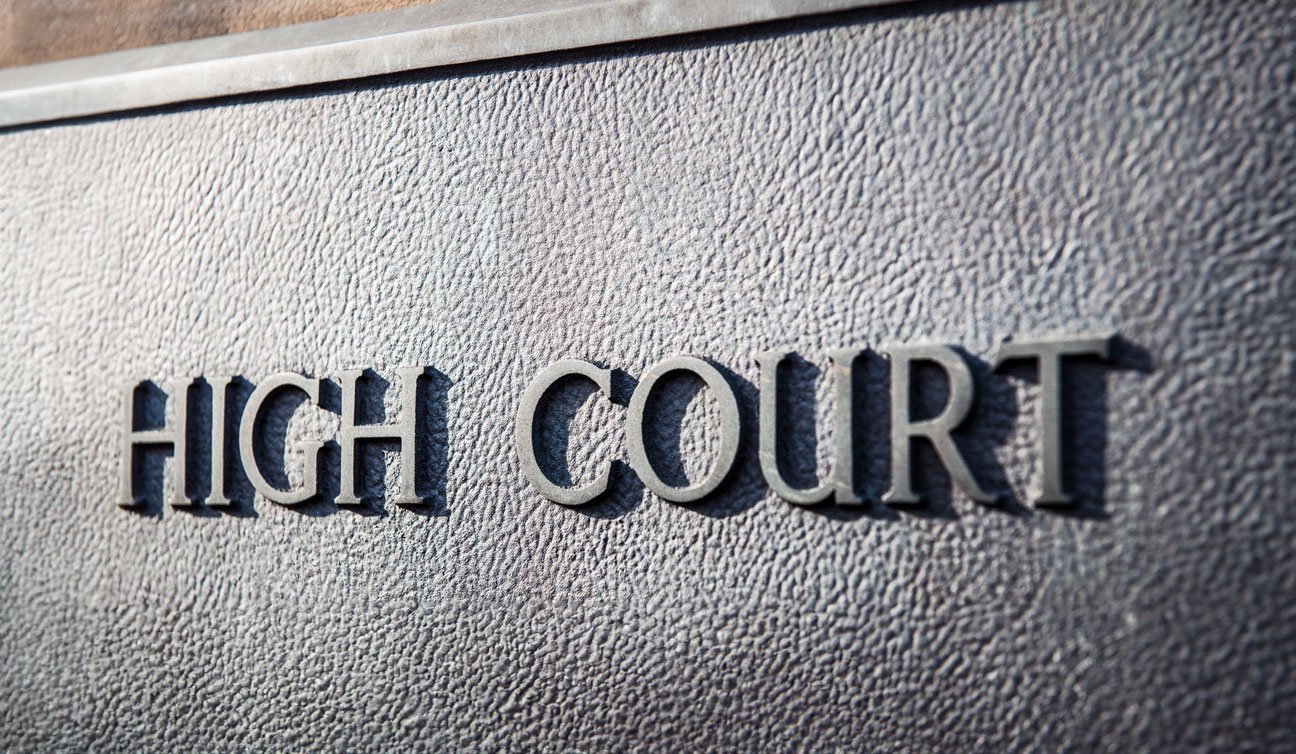Appeals in Pakistan's High Courts
18 January 2025

Filing an appeal in Pakistan's High Courts might sound daunting, but it doesn’t have to be. With the right preparation and knowledge, you can navigate the process effectively. This guide will break down everything you need to know, step by step, so you can file your appeal with confidence and improve your chances of success.
The High Court plays a vital role in providing justice to individuals who believe they were wronged by a lower court decision. Whether you’re challenging a conviction or seeking to overturn an acquittal, knowing the basics is key.
Appeals Against Convictions: If you’ve been convicted by a lower court, you can challenge the verdict.
Appeals by the State: The government can appeal if it believes an acquittal was unjust.
Appeals by Private Parties: If a judgment affects your rights, you can file an appeal.
Revisions and Reviews: The High Court may review a case to correct significant errors, as permitted under Section 439, Cr.P.C.
First, confirm whether your case qualifies for an appeal. For example, convictions involving long sentences are usually appealable directly to the High Court under Section 417, Cr.P.C.
Identify Errors: Clearly outline where the lower court went wrong—whether it misinterpreted the law, overlooked evidence, or made procedural errors. For instance, the PLD 1989 SC 440, Ahmed v. Muhammad Nawaz case emphasized focusing on substantial errors.
Hire a Firm with Expert Lawyers: Find someone experienced in High Court cases to guide you through the process.
Gather Documents: Collect all required paperwork, such as the lower court’s judgment and relevant evidence. Ensure certified copies to avoid any issues.
Meet the Deadline: Appeals must typically be filed within 30 to 90 days according to Limitation Act 1908. Don’t miss this crucial window, as the limitation period is strictly enforced.
After you submit your appeal, the High Court will decide whether to admit it for hearing. If admitted, the opposing party will be notified.
During the hearing, your lawyer will argue your case, pointing out flaws in the lower court’s decision and citing legal precedents such as PLD 1975 SC 160, Mushtaq Ahmad v. Siddiqullah, which held that appeals must not be abandoned without judicial consideration.
The High Court may uphold, overturn, or modify the lower court’s decision. In some instances, it might order a retrial.
Ensure all documents are in order and file your appeal within the prescribed timeline according to rules and orders and Limitation Act 1908. Late submissions can lead to dismissal.
Pick someone who’s well-versed in appellate law and understands the nuances of High Court proceedings. It’s better to hire a firm as they have a complete team and network.
Mistakes happen, but courts prioritize justice. If you’ve filed the wrong type of petition, the High Court might treat it as a revision rather than dismissing it outright, as per Section 561-A, Cr.P.C.
If your appeal is late, provide a valid reason to convince the court to hear your case. Courts have shown leniency in certain cases.
Missing Deadlines: Always file within the stipulated time frame.
Incomplete Submissions: Double-check your documents before filing.
Weak Arguments: Clearly articulate why the lower court’s decision was flawed.
Skipping Hearings: Ensure your lawyer is present at every session.
The High Court isn’t just another layer of the judicial system—it’s a critical safeguard against errors and injustices and is custodian of all your Constitutional Rights. The court has the authority to:
Overturn Wrong Decisions: If a lower court made a mistake, the High Court can correct it, as emphasized in PLD 1975 Cr.C. (Kar.) 31, State v. Muhammad Alim.
Enhance or Reduce Sentences: Depending on the case, the court might adjust penalties.
Order Retrials: If procedural errors occurred, a retrial might be necessary.
If you’re considering filing an appeal, don’t delay. Reach out to an experienced lawyer atAZM e ADL Law Firm today to discuss your options. Time is of the essence, and the sooner you act, the better your chances of success.
By following these steps and tips, you can approach the High Court appeal process with confidence and clarity. Remember, justice may seem challenging to achieve, but with preparation and persistence, it’s well within your reach.